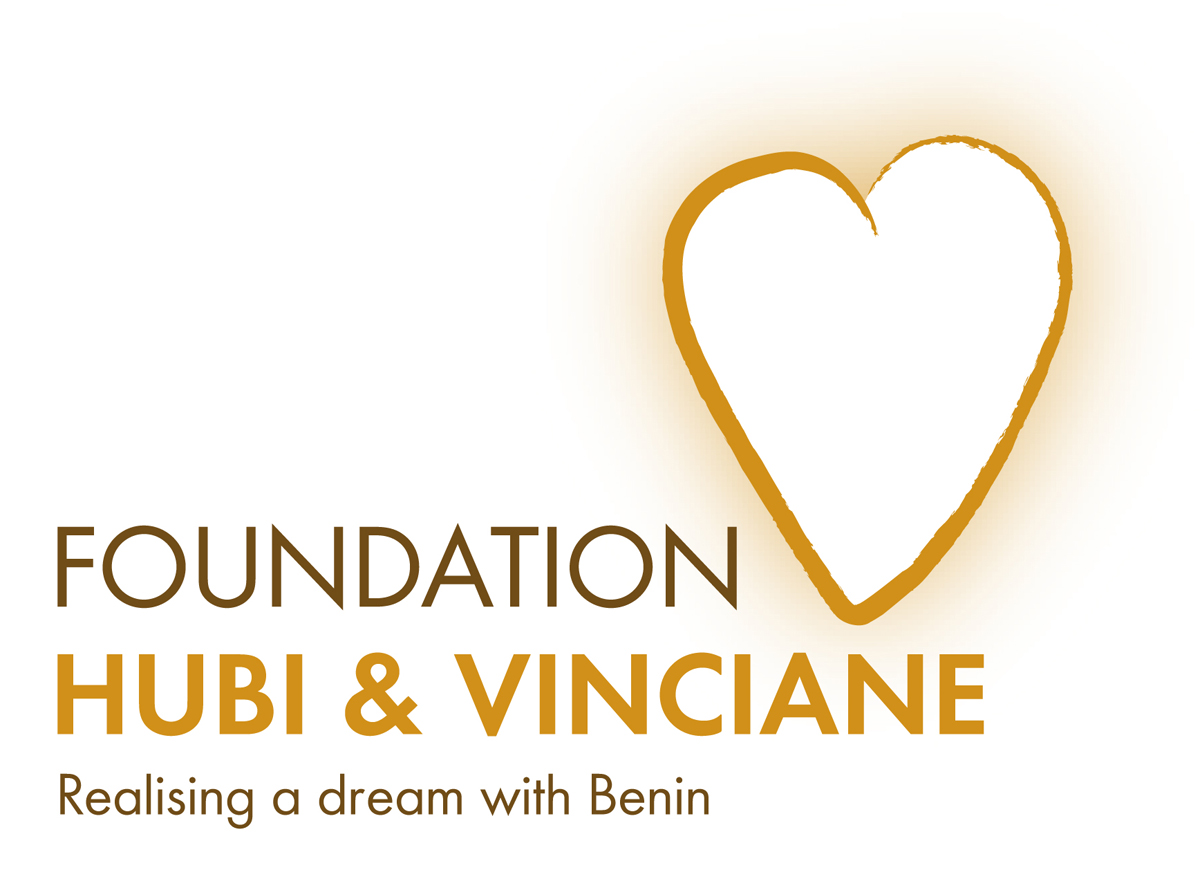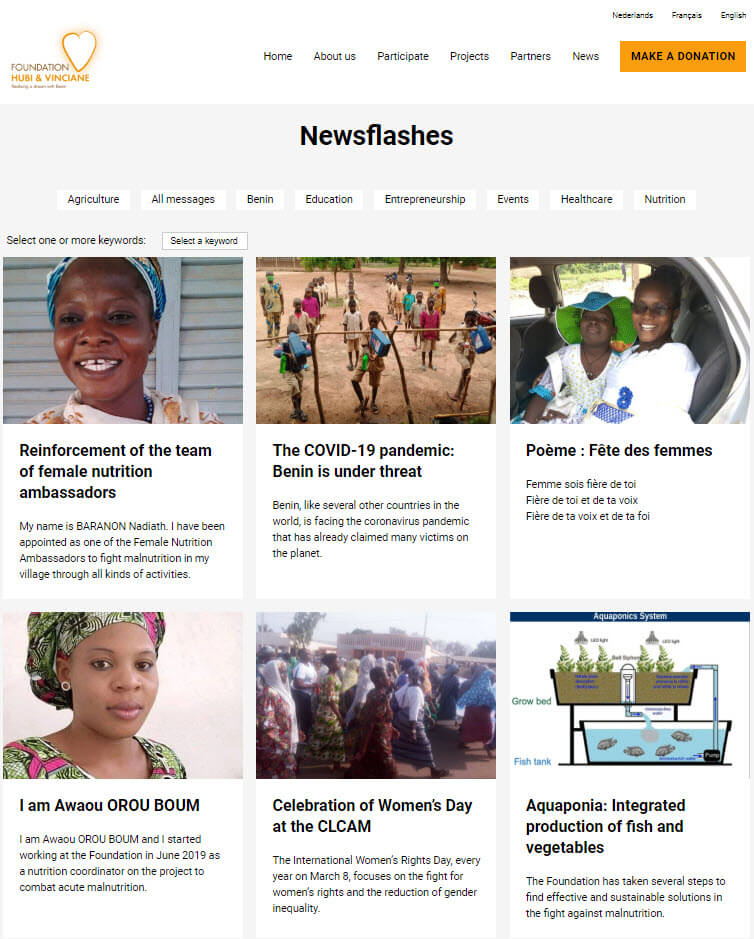Water taps in all schools
The schools programme of the Hubi & Vinciane Foundation provides all schools in the 24 villages with simple water taps, called ‘tippy-tap‘. The cost is 362 euro per school, including the sensitisation project.
The tippy tap is a hands-free way to wash your hands that is especially suitable for rural areas where there is no running water. It is operated with a foot lever and thus reduces the risk of bacteria transmission with the user only touching the soap. It uses only 40 millilitres of water to wash one’s hands compared to 500 millilitres with a small basin. In addition, the used “waste” water can go to plants.
Although the tippy tap is a great technology, it needs to be coupled with a good and extensive awareness raising. The population needs to be convinced of its use and learn why hygiene is important for better health.
The importance of washing hands with soap is part and parcel of improving all behaviour related to hygiene. And this can be done in a fun and easy way that is especially attractive for children.
The first ‘official’ tippy tap was built in the eighties by Dr. Jim Watt in Zimbabwe using a gourd. Since then, many variations have emerged, depending on local materials and aesthetics.
The tippy-taps installed by the Foundation are cheap and easy to make with local materials.

